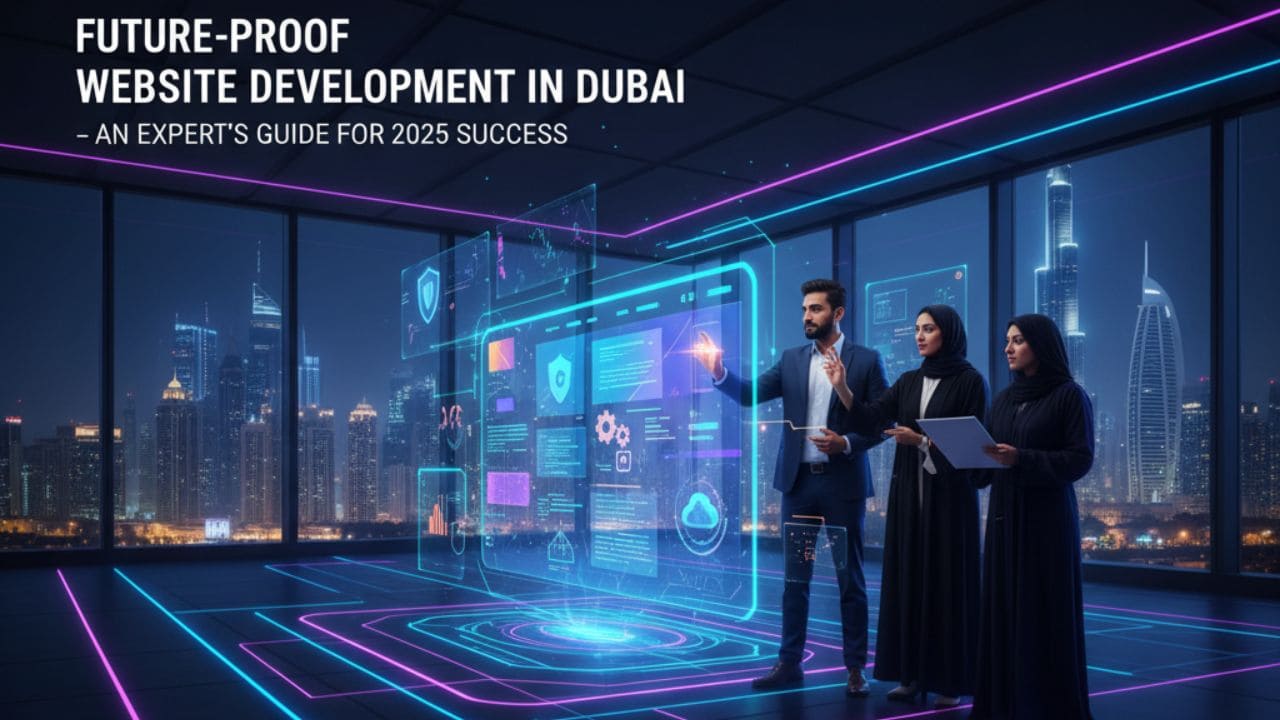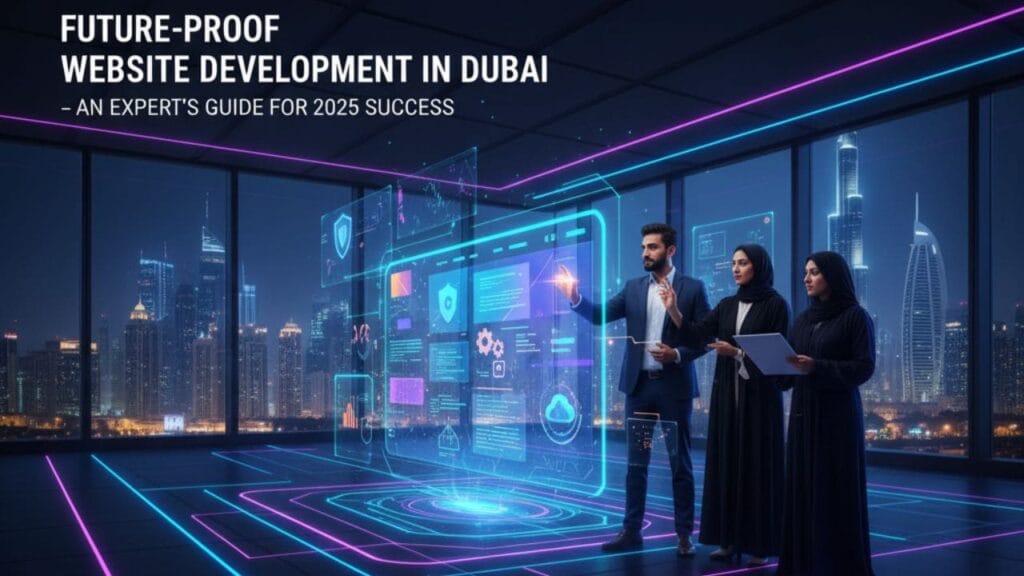Future-Proof Website Development in Dubai – An Expert’s Guide for 2025 Success
If you're looking to build a website in Dubai, you're not just building a digital brochure—you're building a business asset....
If you're looking to build a website in Dubai, you're not just building a digital brochure—you're building a business asset....


If you’re looking to build a website in Dubai, you’re not just building a digital brochure—you’re building a business asset. In today’s market, a beautiful website is useless if it can’t be found. It must be fast, strategically built, and engineered for search engine success from day one.
This guide will demystify the core principles of web development and SEO. As an Onlinetist, my philosophy is to replace industry myths with logical, research-based strategies. This is your clear roadmap to building a website that doesn’t just look good, but delivers results.
Need an expert to architect your digital success? See how Onlinetist builds powerful, SEO-first websites that drive business growth in Dubai.
Search Engine Optimization (SEO) is the science of matching a user’s search query with the most relevant, authoritative, and high-quality content available.
Before we explore how to make your site relevant, let’s understand Google’s process.
A search engine is a massive library of the world’s websites. It uses automated programs called “crawlers” to:
Once indexed, your site is visible. However, Google’s job is to show the best result. This is where SEO becomes the deciding factor.
Google’s primary goal is user satisfaction. It analyzes your website based on two fundamental areas to determine its quality.
This is the foundation of your entire digital presence and is divided into two parts.
A) Non-Technical On-Page SEO (Content & Relevance)
This is the art of creating valuable, relevant content.
B) Technical On-Page SEO (Performance & Structure)
This is the science of ensuring your website is built to perform at the highest level.
While this guide focuses on on-page elements, your site’s authority is also built off-site through:
A future-proof website in Dubai requires a mastery of both on-page architecture and off-page authority building.
Building a website in the competitive Dubai market requires more than just a beautiful design. It demands a strategic foundation. True success comes from a platform that is engineered for performance, structured for search engines, and focused on delivering a flawless user experience.
SEO isn’t a quick fix or a package of tricks you apply after launch. It is a fundamental part of the architectural blueprint, built on the timeless principles of quality, authority, and trust. By focusing on these core pillars, you are not just building a website—you are building a future-proof business asset.
1. Is technical SEO more important than content?
Neither is more important; they are two sides of the same coin. The most brilliant content in the world will fail if it’s on a slow, poorly structured website. Likewise, a technically perfect website with weak, unhelpful content will never rank. A successful strategy requires a mastery of both.
2. How long does it take to see SEO results in a competitive market like Dubai?
For a brand new website, it typically takes 3-6 months to start seeing meaningful traction for competitive keywords. SEO is a long-term investment in building trust and authority. While technical improvements can yield faster results, sustainable ranking is a marathon, not a sprint.
3. Why should I avoid keyword tools as my only source of truth?
Keyword tools are excellent for identifying popular topics and baseline search volume. However, they are backward-looking and often miss the nuances of human language and emerging trends. Many of the most valuable, high-intent search queries are typed for the first time every day. A great content strategy focuses on answering the questions of your audience, which will naturally cover keywords you may never find in a tool.
References (Evidence & Proof)
These sources provide the authoritative foundation for the principles discussed in this guide.
Further Reading
These external links provide additional context and expert opinions that endorse the philosophies presented here.